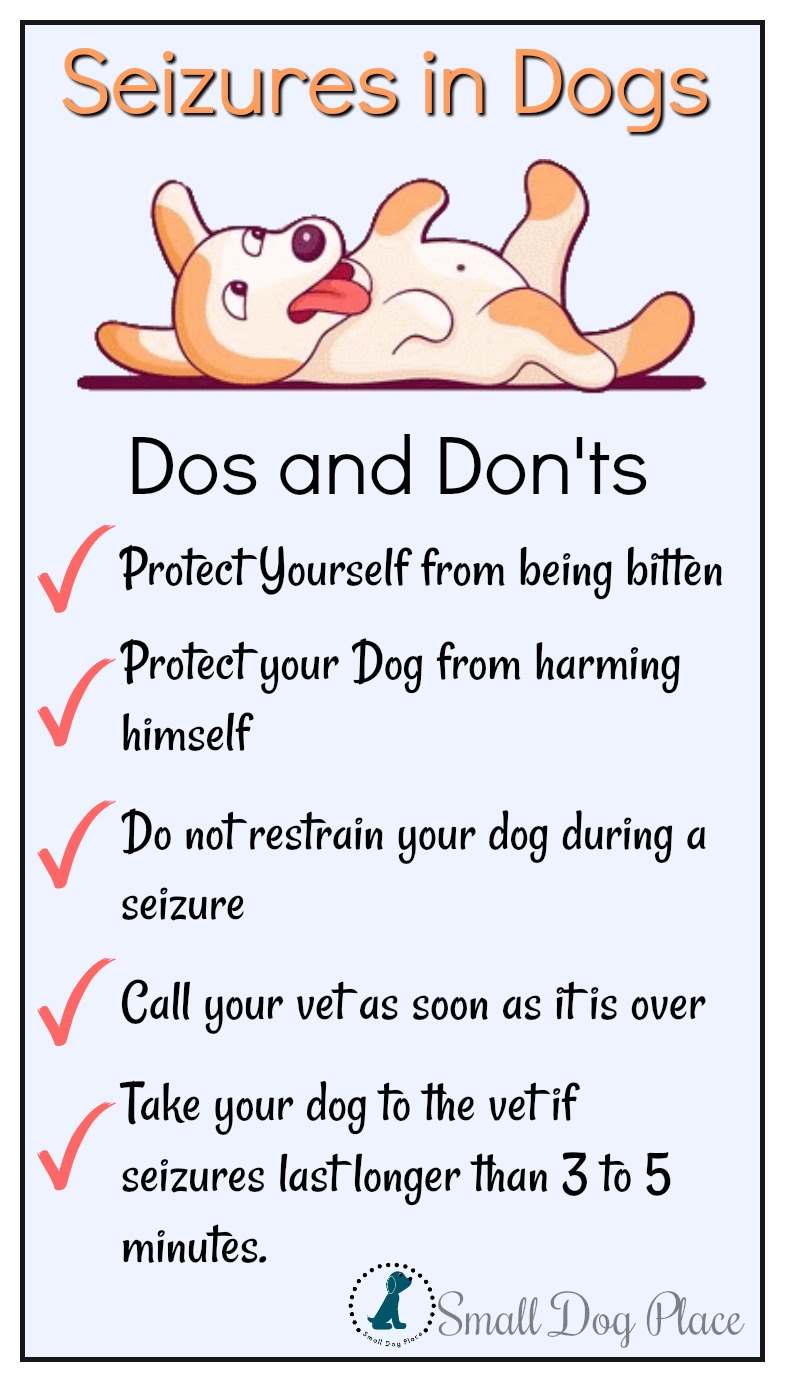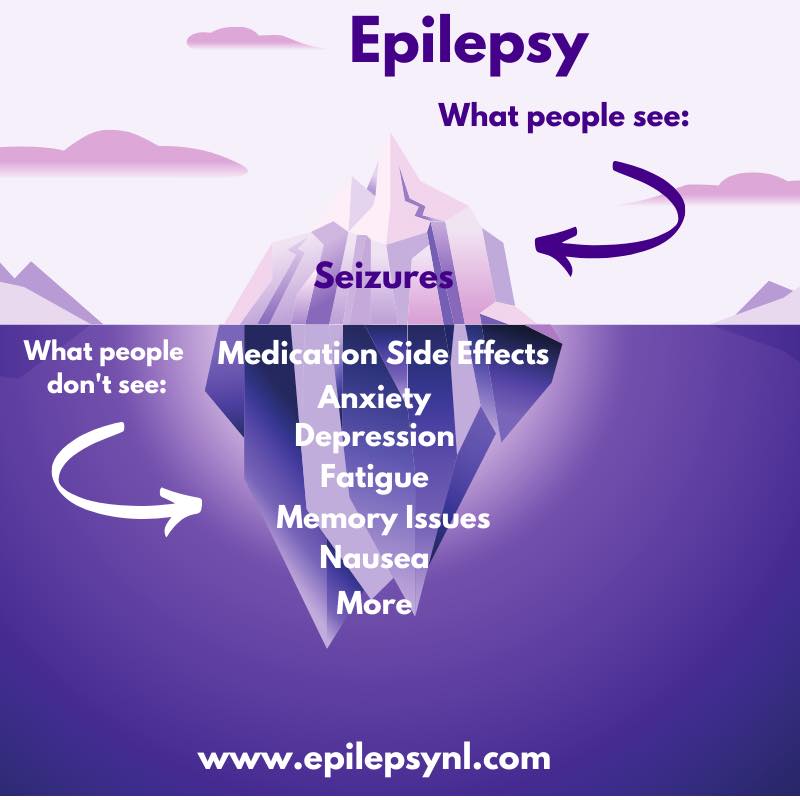Like in humans epilepsy in dogs is a brain disorder that causes the pet to have sudden fits. Although any dog can have a.
:max_bytes(150000):strip_icc()/seizure-dogs-for-epilepsy-4175280_final-b14ed26b43a847568b338f032cd9cc97.png) How Seizure Dogs Help People With Epilepsy
How Seizure Dogs Help People With Epilepsy
There is no cure for epilepsy but it can be managed in cases.

Can dogs get epilepsy. It can be difficult for vets to tell the difference between seizures and other health problems so providing them with a thorough description of the abnormal event or ideally a video recording can help them in their diagnosis. What is canine epilepsy. Public interest in seizure assistance.
There is no evidence that seizure dogs reduce the risk of SUDEP sudden unexpected death in epilepsy. These physical attacks can come with or without a loss of consciousness. If your dog has more than one isolated seizure your veterinarian may call the illness epilepsy.
Epilepsy is the most common chronic neurologic disorder of dogs and manifests as focal or generalized seizure activity. Epilepsy is the most common chronic neurological disorder in dogs and humans with many similarities present between the two species Shihab et al 2011. Affected dogs may also exhibit other behavioral problems ADHD-like including anxiety aggression poor trainability.
Hope for Epileptic Dogs. Paddling of the legs as though hes treading water Collapsing or falling down to one side Excessive drooling or foaming at the mouth Frenzied barking or whining Head shaking Incontinence loss of. Some primary symptoms of dog epilepsy include.
Can Dogs Get Epilepsy. Does My Dog Have Epilepsy. 1 Acquired epilepsy is epilepsy that due to an underlying abnormality such as a brain tumor.
Epilepsy is among the most common neurological disorders identified among people and believe it or not is also common in dogs. Seizures from unknown causes are called idiopathic epilepsy. What Causes Seizures in Dogs.
Epilepsy means that your dog suffers from repeated seizures. Status epilepticus or epilepsy is a neurological disorder that causes dogs to have sudden uncontrolled and recurring seizures. The term epilepsy refers to a heterogeneous disease that is characterized by the presence of recurrent unprovoked seizures resulting from an.
Your vet may suspect that your dog has epilepsy if they have at least two unprovoked epileptic seizures more than 24 hours apart. Epilepsy can be classified in two main groups. A seizure is the result of a burst of electrical energy in the brain.
It can be brought on by head traumas or brain tumours but there is often no obvious cause for the condition. Epilepsy is often inherited passed down from a parent. In this case its classed as idiopathic epilepsy which can often be linked to genetics.
The severity of epilepsy depends on the type of epileptic seizures. Seizure dogs do not take the place of medical advice for night time supervision or other physician directed monitoring. Veterinarians throughout the world recognize that dogs can be epileptic and have done thousands of case studies and research projects to further this point.
The only constant that seems to be true in managing this disease is that no two dogs will respond the same way to the same treatment protocol. Epilepsy is the most common neurological disorder seen in dogs and has been estimated to affect approximately 075 of the canine population 3. Primary or idiopathic epilepsy is epilepsy that is not caused by any underlying brain lesion or other illness.
Epileptic seizures in dogs are characterized as repeated episodes of seizures. Epilepsy cant be cured but can usually be managed with medication. Some dogs will only have one seizure and never have another.
They usually happen in dogs between 6 months and 6 years old. For example dog cluster seizures defined as a dog who experiences multiple seizures in a 24 hour period can be very dangerous. Winter et al 2018The diagnosis of epilepsy is reached by a combination of history signalment and investigations that generally include blood tests MRI of the brain and CSF analysis where appropriate.
Epilepsy also known as idiopathic epilepsy is a common cause of seizures in dogs between six months and six years old. According to many of these case studies treating dogs with anticonvulsants other medicines and cautionary treatments may be beneficial. From a practical point dogs can be considered epileptic if they experience two or more seizures.
Just one of many disorders we unfortunately share with our canine counterparts.

